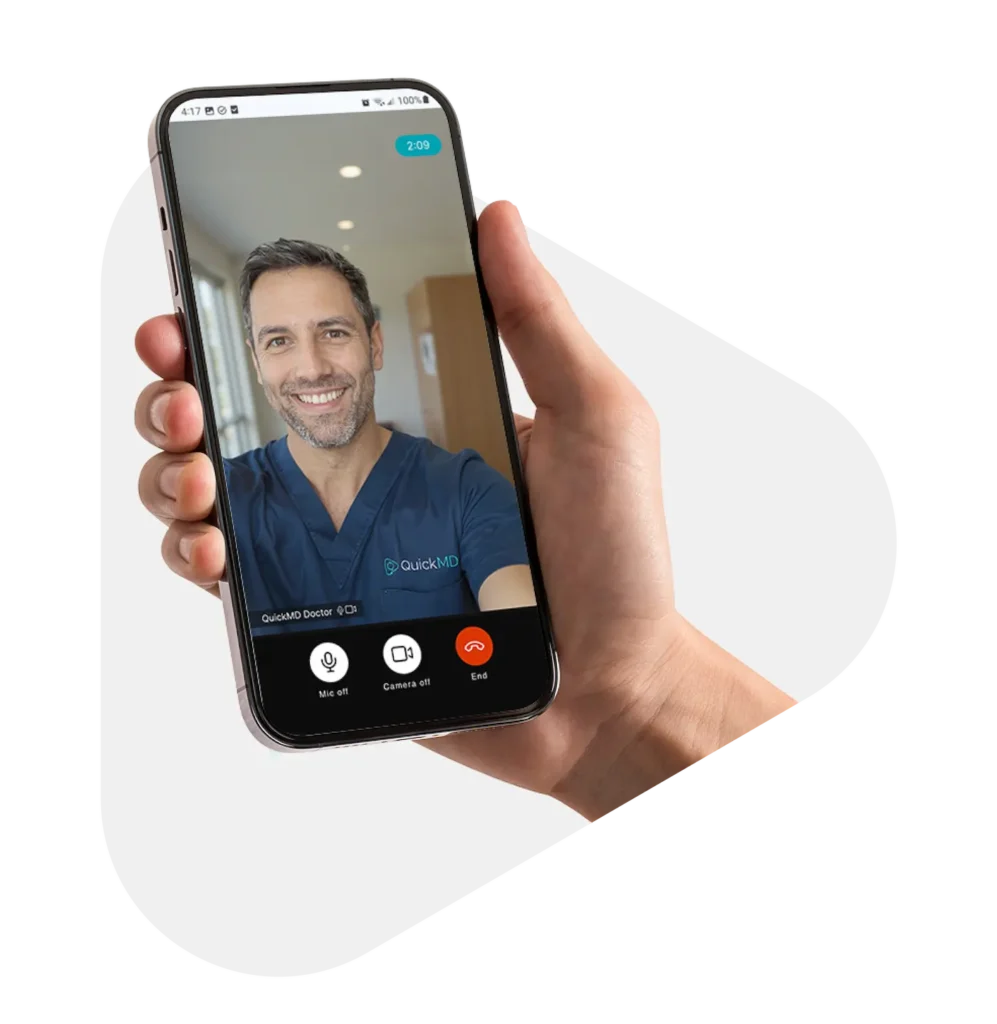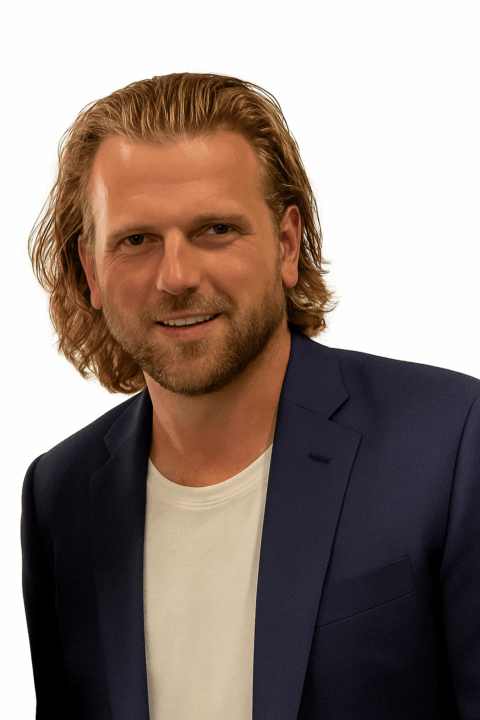Medication-Assisted Treatment in Connecticut
QuickMD offers private, judgment-free addiction treatment online in Connecticut for substance use disorders, including treatment with Suboxone®.
Book now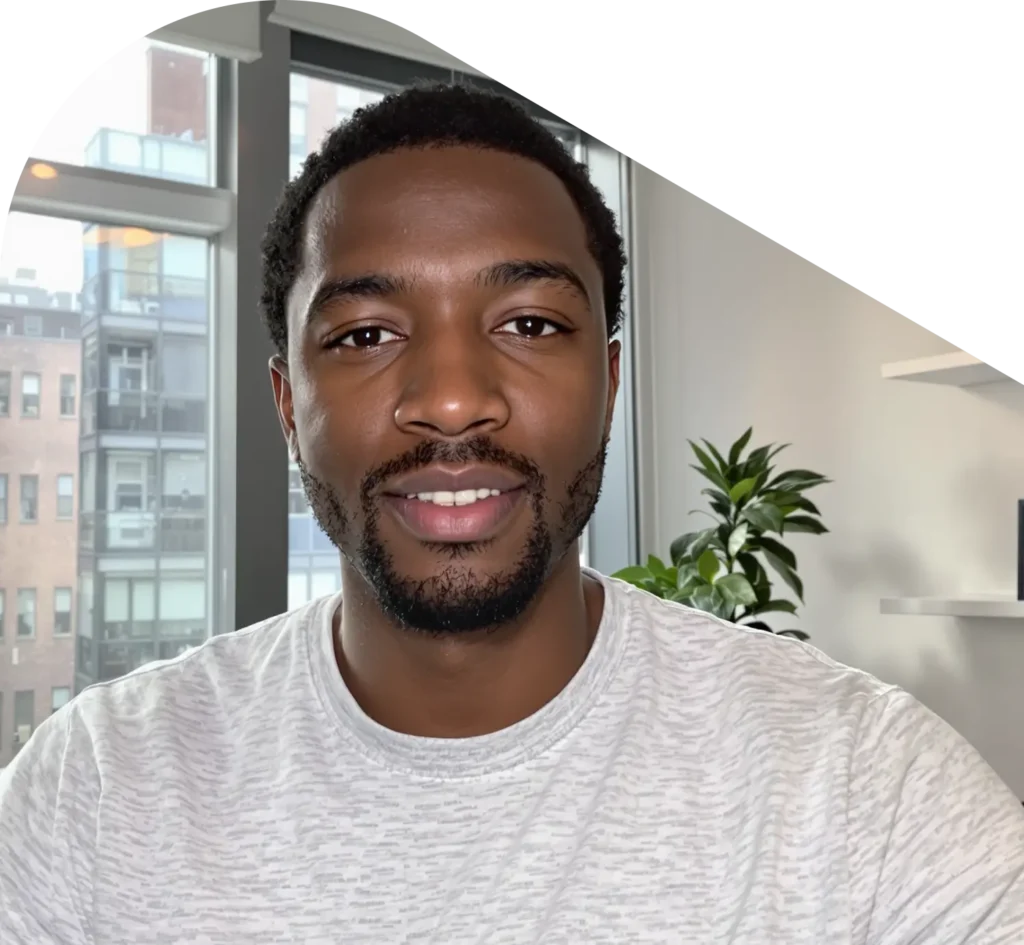
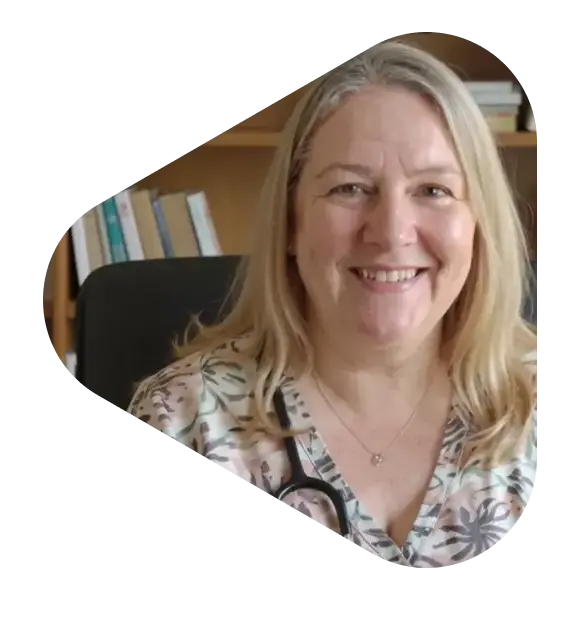
Manage opioid cravings and withdrawal with Suboxone® treatment
Learn about treatment
Why choose QuickMD for addiction treatment in Connecticut?
Getting care at QuickMD is simple, secure, and accessible. We eliminate the hassle of waiting rooms and insurance. Here’s why thousands of patients trust us for quick, compassionate care:
Same-day
appointments
No insurance
required
Licensed &
certified providers
100% online
appointments
Over 100K+
patients served
Nomemberships
Start treatment with Suboxone® today
At QuickMD, getting your Suboxone® prescription is simple. Schedule a quick phone or video appointment with a licensed provider and we’ll send your prescription directly to your pharmacy.
Why virtual addiction treatment matters in Connecticut
In 2022, Connecticut lost 1,482 lives to drug overdoses, an age-adjusted rate of 41 per 100,000, well above the national average, according to USA Facts. Nearly 85% of those deaths involved fentanyl or other synthetic opioids. Behind every number is a loved one lost, a family grieving, a system that didn’t catch someone in time.
In much of Connecticut, especially rural communities, accessing timely treatment can feel overwhelmingly out of reach. According to the Connecticut State Office of Rural Health, the state has 82 Health Professional Shortage Area (HPSA) designations, meaning for every one provider they’re seeing close to 3,500 patients or more.
Additionally, 100% of Connecticut’s rural hospitals operate at a financial loss, according to the National Rural Health Association. That means fewer providers, fewer services, and longer waitlists, even when the need is urgent.
Getting help shouldn’t feel out of reach. That’s where virtual telemedicine organizations are helping remove these barriers. Whether you’re in Hartford or a small town like Cornwall, virtual care brings treatment to you—no waiting rooms, no long drives, no added stress.
With QuickMD, you can start Medication-Assisted Treatment in Connecticut from wherever you feel safest and most supported. All you need is a phone, tablet, or computer. We’re here to make care easier to access, even if you’re in a remote area, so you can take control of your health.
How access to addiction treatment is improving in Connecticut
Connecticut is stepping up with several initiatives to enhance addiction treatment accessibility.
The Connecticut Opioid REsponse (CORE) Initiative is leading statewide efforts to reduce overdose deaths through smarter, data-driven strategies. This includes expanding access to proven treatments like methadone and buprenorphine across emergency departments, primary care offices, and correctional facilities.
The state also launched the Opioid Settlement Advisory Committee (OSAC) to guide how funds from pharmaceutical settlements are spent. That money is now supporting local harm reduction efforts, housing stability programs, and community education. In Danbury alone, $170,000 was distributed to 12 organizations offering recovery and housing support.
In February 2025, Connecticut’s Public Health Committee introduced Senate Bill 1285, which proposes creating four overdose prevention centers across the state. These would provide supervised places for opioid use, access to sterile supplies, naloxone, and on-site referrals to treatment and mental health support. The proposal is currently under legislative consideration.
Together, these programs are helping reshape what addiction care looks like in Connecticut, making it more compassionate, more available, and more in tune with the real needs of real people.
How QuickMD’s online MAT program helps you
Addiction can feel isolating, but treatment doesn’t have to.
Our Medication-Assisted Treatment (MAT) program combines expert care with medications that work with your body to reduce withdrawal symptoms and cravings. We use FDA-approved treatments like buprenorphine, a partial opioid agonist that gently activates receptors in the brain to help you feel stable without producing a full “high,” and naloxone, which is often included in these medications, acts as a safety measure, blocking the effects of opioids and helping prevent overdose.
But medication is only one part of your care.
With QuickMD, you’ll also meet with licensed providers who take time to understand your story. We support you without judgment and help guide your recovery one step at a time. And because it’s all online, treatment fits into your life, not the other way around.
Tips for managing addiction treatment
1. Set reminders to help stay on track
When life gets busy, it’s easy to miss a dose or forget an appointment. Try setting daily reminders on your phone, adding events to a calendar, or even using a sticky note on the fridge. Whatever works for you.
2. Build a support network
You don’t have to go through this alone. Whether it’s a family member, a trusted friend, or a support group near you, surrounding yourself with people who understand what you’re facing can make a big difference. Local programs like the Connecticut Community for Addiction Recovery (CCAR) offer peer support meetings across the state, both in-person and online.
3. Work with your pharmacy
Connecticut has many pharmacies, both chains and independent, where staff are familiar with MAT medications. Some locations offer flexible hours or delivery. Ask your pharmacist if they provide any extra support services like text reminders.
4. Build a routine that feels doable
You don’t need a perfect routine, just one that helps you feel a little more grounded. Try going to bed around the same time, taking a short walk after meals, or setting aside 10 minutes to check in with yourself. These kinds of habits help regulate your mood and reduce the risk of relapse over time.
We know recovery isn’t easy. And we also know you don’t have to do it alone. We’re here to help you find stability, support, and a way forward, on your terms.
We also offer these services in Connecticut
At QuickMD, we’re committed to bringing convenient, affordable, and compassionate virtual care to patients across Connecticut. In addition to addiction treatment, we proudly offer:
- Medical Weight Loss
- Urgent Care Services
- Virtual Counseling Sessions

Medical Weight Loss
Our online weight loss treatment helps you explore options like Ozempic® and Mounjaro® with licensed providers, offering support tailored to your health goals.

Urgent Care Services
Get quick, compassionate care for common illnesses online, 7 days a week. Anytime, anywhere.
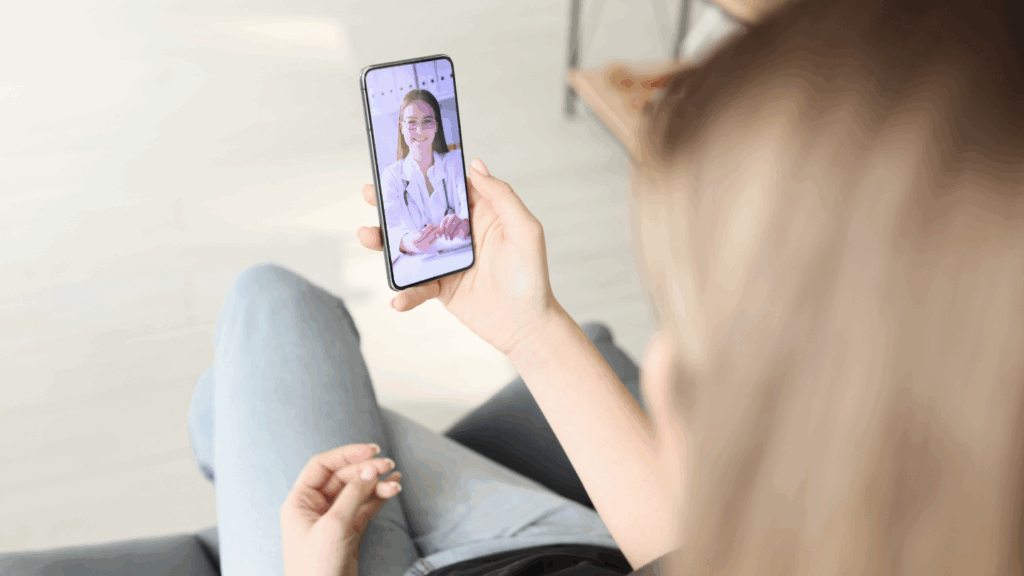
Virtual Counseling Sessions
Talk to licensed providers to support your mental well-being on your terms, when and where you need it.

Medical Weight Loss
Our online weight loss treatment helps you explore options like Ozempic® and Mounjaro® with licensed providers, offering support tailored to your health goals.

Urgent Care Services
Get quick, compassionate care for common illnesses online, 7 days a week. Anytime, anywhere.

Virtual Counseling Sessions
Get quick, compassionate care for common illnesses online, 7 days a week. Anytime, anywhere.
Start treatment with Suboxone® today
At QuickMD, getting your Suboxone® prescription is simple. Schedule a quick phone or video appointment with a licensed provider and we’ll send your prescription directly to your pharmacy.
Frequently asked questions about MAT in Connecticut
What is the cost of rehab in Connecticut?
The average cost for residential addiction treatment in Connecticut is approximately $57,667. However, costs can vary based on the type of program and insurance coverage. Virtual MAT programs for opioid use disorder, like ours, provide a more affordable and accessible option for many residents.
What is the Connecticut Opioid REsponse (CORE) Initiative?
The CORE Initiative is a statewide effort to combat opioid addiction in Connecticut. It focuses on expanding access to treatment, improving data collection, and supporting people in recovery. It’s one reason more Medication-Assisted Treatment programs and telemedicine options like QuickMD are available today.
What is the substance dependence rate in Connecticut?
As of the most recent data, approximately 250,000 individuals in Connecticut have been diagnosed with a substance use disorder (SUD). Among those with opioid addiction or opioid dependence, only about 20% received any form of treatment in the past year. This highlights the need for virtual treatment options like QuickMD.


